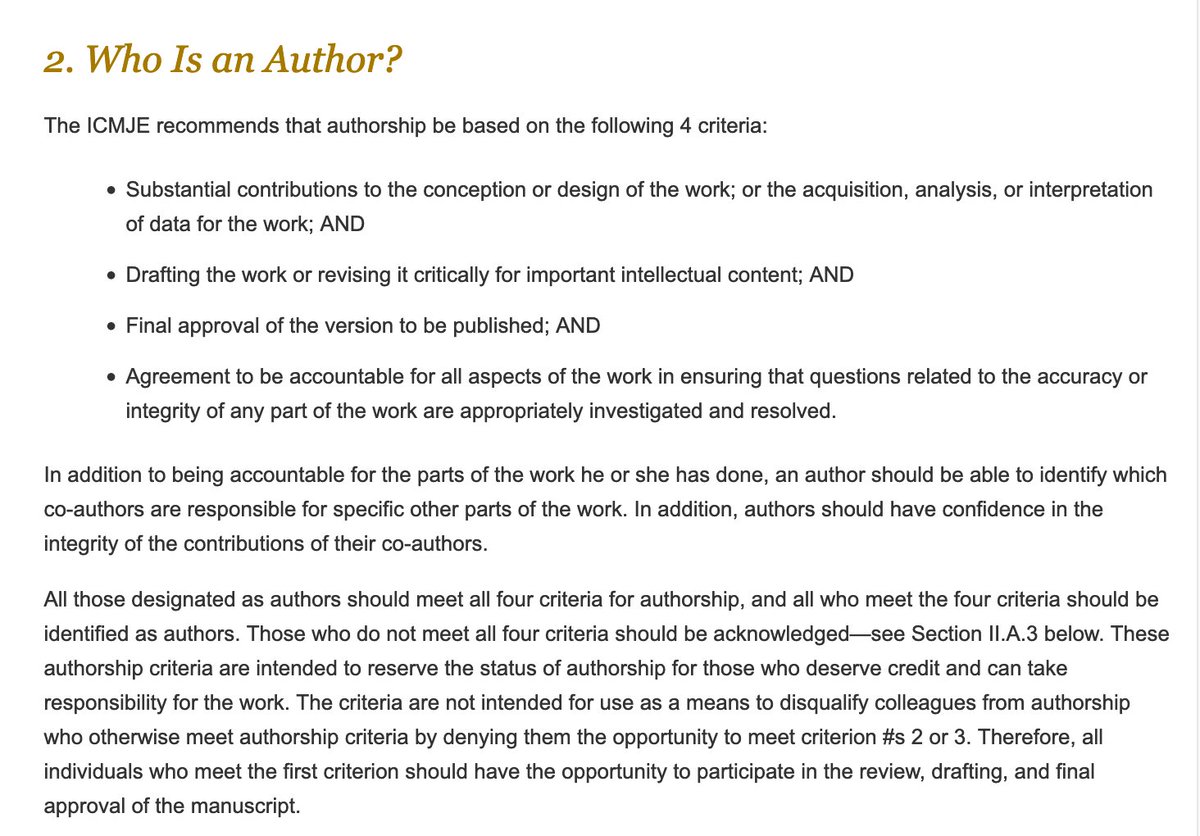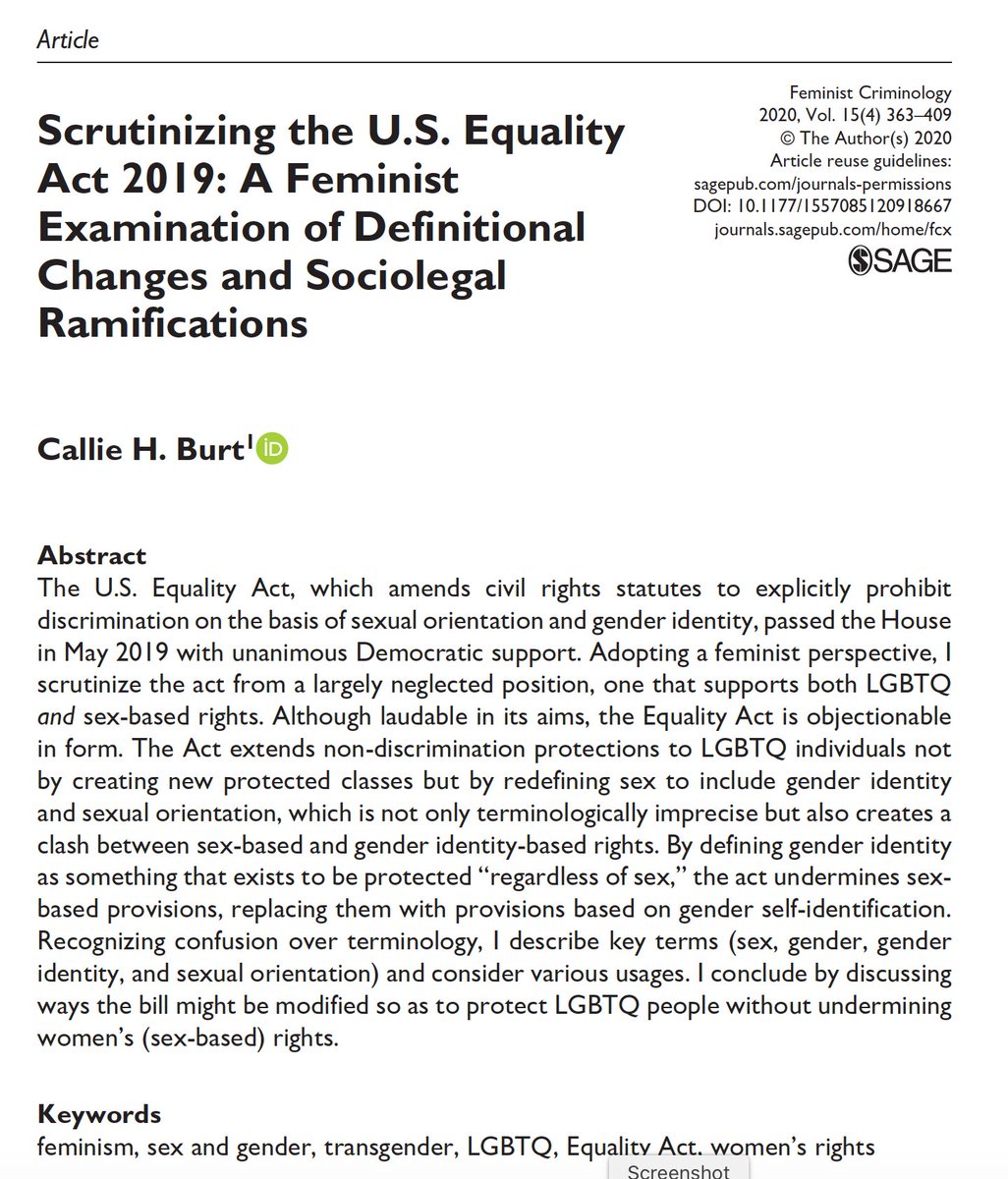
Men Have No Friends and Women Bear the Burden. The idea that feelings are a "female thing" has left a generation of straight men stranded on emotionally-stunted island, unable to forge intimate relationships with other men. Women pay the price. harpersbazaar.com/culture/featur…
The key takeaways from this piece: 1/3: 1) Men are socialised to avoid emotional expression. 2) Men thus tend to have weaker, less intimate friendships than women. 3) As a result, heterosexual men often try to get all their emotional needs met by their female intimate partners.
2/3 4) This is bad for men. Limits their sources of support, makes them more vulnerable e.g. if separation. 5) And it’s bad for women: is a burden, have to do all the emotional labour.
3/3 6) It’d be good if men could be encouraged to develop intimate friendships with other men. And to seek help: support groups, therapy, and men’s groups. 7) Men’s groups in particular are valuable spaces for men, and can improve their relationships.
• • •
Missing some Tweet in this thread? You can try to
force a refresh





